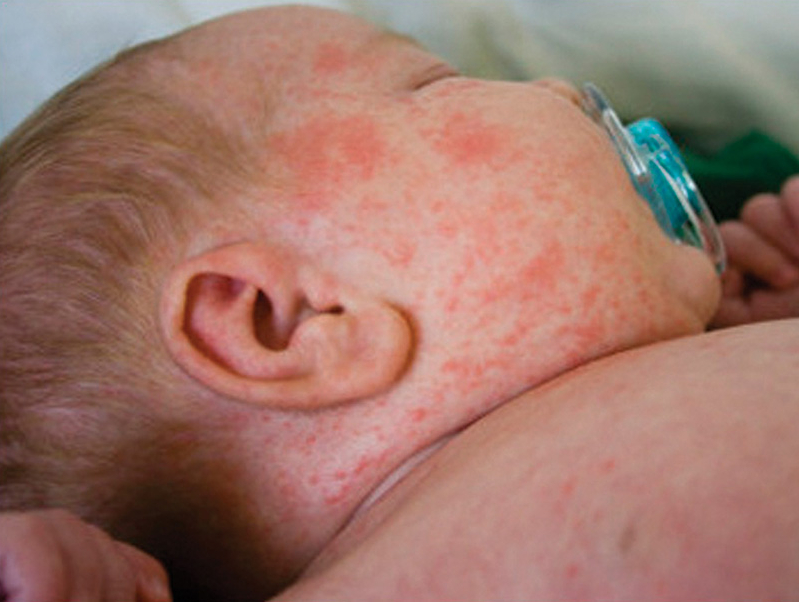
Over 70 people have been infected with the measles virus in the United States so far. However, the current measles outbreak in California and other parts of the western U.S. has shed a light on those who opted out of the measles vaccine for questionable reasons.
Fred Barbash of the Washington Post reported that the current outbreak started when an infected person, probably from overseas, visited a Disney theme park in California and sneezed, exposing unimmunized people to the virus. The Centers for Disease Control and Prevention issued a statement explaining how easily it spreads.
"Measles is so contagious that if one person has it, 90 percent of the people close to that person who are not immune will also become infected," the CDC wrote.
The outbreak has gotten so bad in California that state officials urged unimmunized children under the age of 12 to avoid visiting theme parks, according to the Washington Post. Russell Saunders, the pen name of a New England pediatrician, wrote an article in The Daily Beast that the outbreak was "disgraceful," citing a statistic that 82 percent of the people infected were not vaccinated.
"It's nothing short of disgraceful that we live in a country where, in a little over a dozen years, a disease can go from being eliminated to record numbers of new cases," Saunders wrote. "The reason the disease was once considered eradicated in the United States is because there is a safe and effective vaccine against it, and the reason it's coming back is because people are making the impossibly absurd decision to skip it."
The CDC described how measles is transmitted, adding that it can only be spread by fellow human beings, not animals.
"Measles is a highly contagious virus that lives in the nose and throat mucus of an infected person," the CDC wrote. "It can spread to others through coughing and sneezing. Also, measles virus can live for up to two hours on a surface or in an airspace where the infected person coughed or sneezed."
The CDC added that people can become infected with the virus through breathing the contaminated air. It's also possible to get the virus if anyone touched "their eyes, noses, or mouths" after touching an "infected surface" containing measles.
Many victims of the current outbreak, according to the Washington Post, lived in Orange County, a part of southern California where anti-vaccination sentiments appear to be convincing there. It is also the area that contains Disneyland and the Disney California Adventure Park, both located in Anaheim.
"That county has been at the center of a nationwide movement against immunizations based in part on an erroneous belief - and a discredited study - linking vaccines to autism," Barbash wrote.
The state of California requires children to get a measles, mumps and rubella (MMR) vaccine. However, Barbash reported some parents in that state signed a "personal belief waiver" for their children, fearing that the vaccines can cause autism and other medical conditions despite scientific evidence proving the contrary.
"It is at large in the community now, and particularly infants too young to be immunized, people with other health conditions and, of course, people who aren't immunized need to be very concerned," Deanne Thompson, a spokesperson for the Orange County Health Care Agency, said. "They really should rethink that and consider getting vaccinated."
Saunders contended that if more people opted for vaccine exemptions, the "herd immunity" effect could break down, making everyone more susceptible to catching measles and other preventable diseases.
"The more vaccine exemptions people get, the weaker our collective immunity will be," Saunders wrote. "Sooner or later, if enough people refuse the vaccine against this otherwise preventable illness, it will go from 'eliminated' to 'endemic.'"
Saunders added that the failure and refusal of people to vaccinate themselves against preventable illnesses "serves only to make our country less healthy." He placed the blame on them for causing the current outbreak of measles, which has "no cure" and "is horribly unpleasant."
"If a change isn't made, outbreaks like those will cease to be news, because they'll simply be with us all the time," Saunders wrote.






